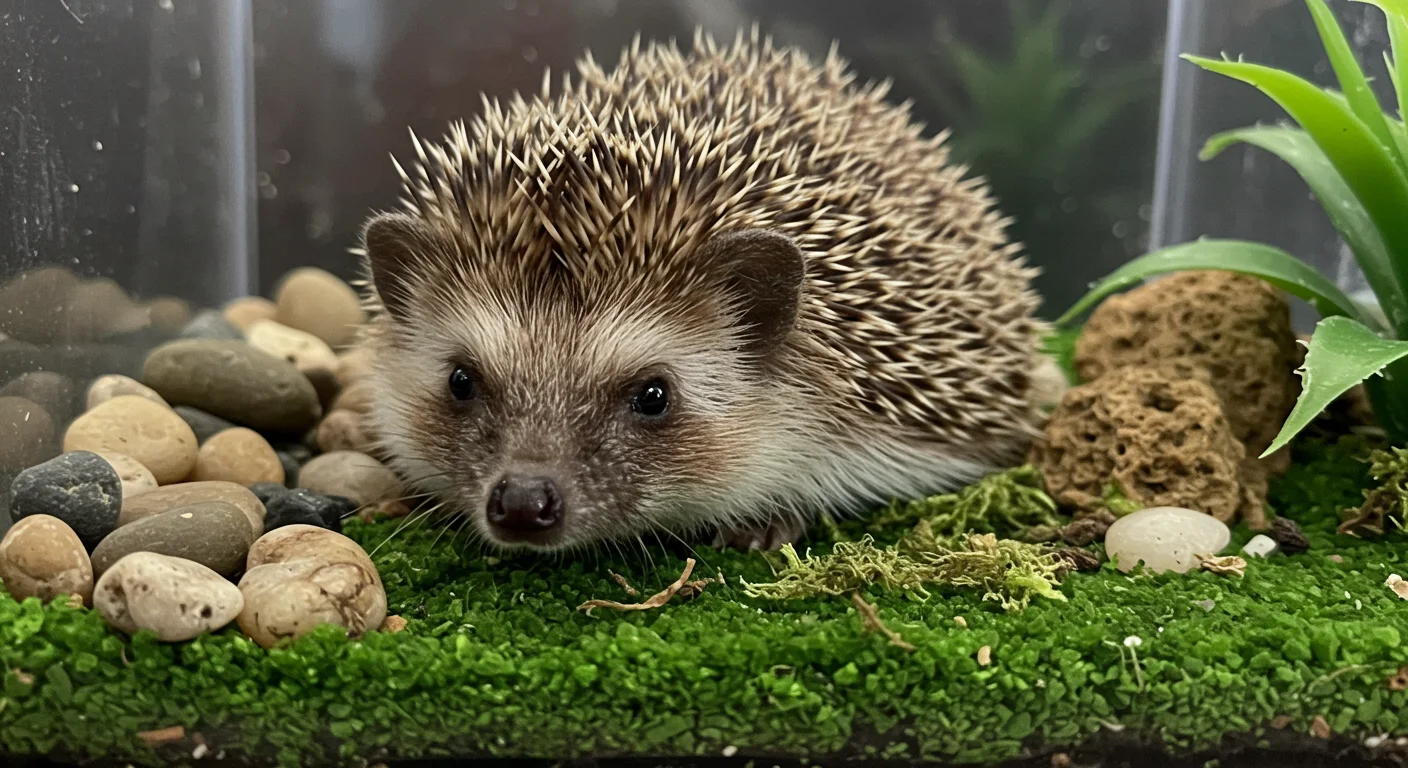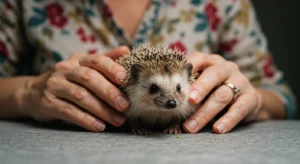Hedgehog Lifespan: Maximizing Your Pet’s Years with Proper Care
When welcoming a hedgehog into your home, understanding their potential lifespan and the factors that influence it is crucial. While genetics play a role, the quality of care provided by the owner significantly impacts how long an African Pygmy Hedgehog will live a healthy and comfortable life.
Average Lifespan
The average lifespan african pygmy hedgehog in captivity is typically cited as **3 to 5 years**. However, with excellent care, genetics, and a bit of luck, some individuals can live longer, occasionally reaching 6, 7, or even more years, although this is less common. This is considerably longer than their wild counterparts, who face predation, disease, and harsh environmental conditions.
It’s important to have realistic expectations; while longer lifespans are possible, planning for the typical 3-5 year range is prudent.
Factors Influencing Lifespan
Several key factors determine how long a pet hedgehog might live:
- Genetics: Inherited predispositions to certain diseases (like Wobbly Hedgehog Syndrome or cancer) can significantly impact lifespan. Responsible breeding practices aim to minimize these risks.
- Diet and Nutrition: A balanced, high-quality diet prevents obesity, fatty liver disease, and nutritional deficiencies, all of which can shorten life.
- Husbandry and Environment: Proper cage size, temperature regulation, hygiene, and enrichment reduce stress and prevent illness.
- Veterinary Care: Regular check-ups with an exotic pet veterinarian allow for early detection and treatment of health issues. Access to knowledgeable vet care is crucial.
- Exercise: Adequate opportunity for exercise (wheel running, playtime) helps maintain a healthy weight and prevents health problems associated with inactivity.
- Stress Levels: Chronic stress from poor handling, inadequate hiding spaces, or environmental instability can negatively impact health.
- Accident Prevention: Avoiding hazards like falls, drowning, ingestion of foreign objects, or exposure to toxins.

Proper Care for Longevity
Maximizing lifespan involves consistent, high-quality care across all areas:
Key Care Aspects for Longevity:
- Nutrition: Measured high-quality kibble, varied insects, limited treats.
- Housing: Spacious cage (min 4 sq ft), solid-bottom wheel (min 11″), appropriate bedding, multiple hides.
- Temperature: Stable 72-80°F (22-27°C), monitored with a thermometer, reliable heat source if needed.
- Hygiene: Regular cage cleaning, spot cleaning daily.
- Handling: Gentle, consistent handling to build trust and reduce stress.
- Vet Visits: Annual check-ups (more often for seniors/illness), prompt attention to any health concerns.
Common Health Issues Affecting Lifespan
Being aware of common health issues affecting hedgehog longevity allows owners to monitor for signs and seek timely treatment:
- Cancer: Unfortunately common in hedgehogs, especially oral (squamous cell carcinoma) and uterine cancers. Early detection can sometimes allow for treatment.
- Wobbly Hedgehog Syndrome (WHS): A progressive neurological disease, usually fatal. Responsible breeding helps reduce incidence.
- Obesity and Fatty Liver Disease: Directly related to diet and lack of exercise.
- Dental Disease: Can lead to pain, infection, and difficulty eating.
- Heart Disease: Can occur, especially in older or obese hedgehogs.
- Respiratory Infections: Often linked to improper temperature, humidity, or hygiene.
- Kidney Disease: Can occur, especially in older hedgehogs.

Maximizing Your Pet’s Years
While you cannot control genetics, you can significantly influence your hedgehog’s health and potential lifespan through diligent care. Providing the best possible diet, environment, enrichment, and veterinary attention gives your pet the greatest chance of living a full and comfortable life, whether that’s for the average 3-5 years or potentially longer. Cherish the time you have with your unique companion.
References
- Johnson-Delaney, C. (2014). Hedgehog Health and Husbandry. *Proceedings of the ARAV Conference*. (veterinary resource)
- Reputable Hedgehog Care Websites (e.g., Hedgehog Welfare Society, various breeder sites with care sections).
















